Publications
Articles, publications, books, tools and multimedia features from the U.S. Institute of Peace provide the latest news, analysis, research findings, practitioner guides and reports, all related to the conflict zones and issues that are at the center of the Institute’s work to prevent and reduce violent conflict.
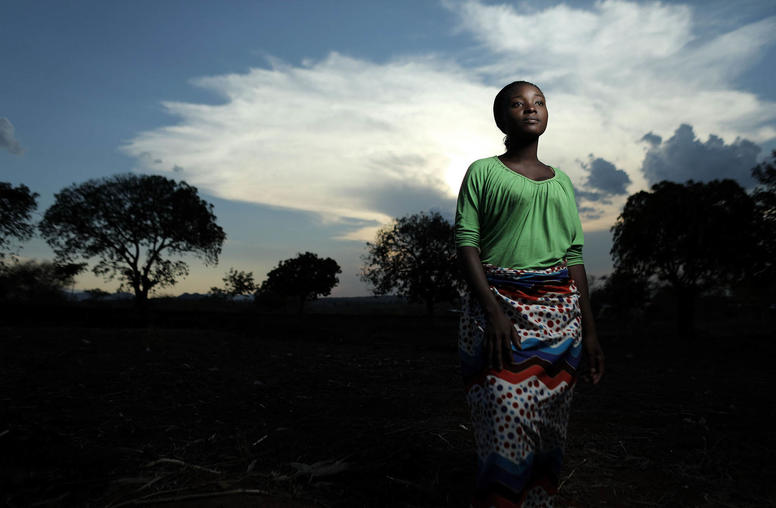
PEPFAR’s Profound Legacy 20 Years On
This year marks the 20th anniversary of the President’s Emergency Plan for Aids Relief (PEPFAR), the George W. Bush administration’s landmark global health initiative. When Bush announced the initiative during his 2003 State of the Union address, approximately 30 million Africans were infected with HIV/AIDs and had almost no access to treatment. Twenty years later, PEPFAR is estimated to have saved 25 million lives and is credited for helping turn the tide on the global HIV pandemic.
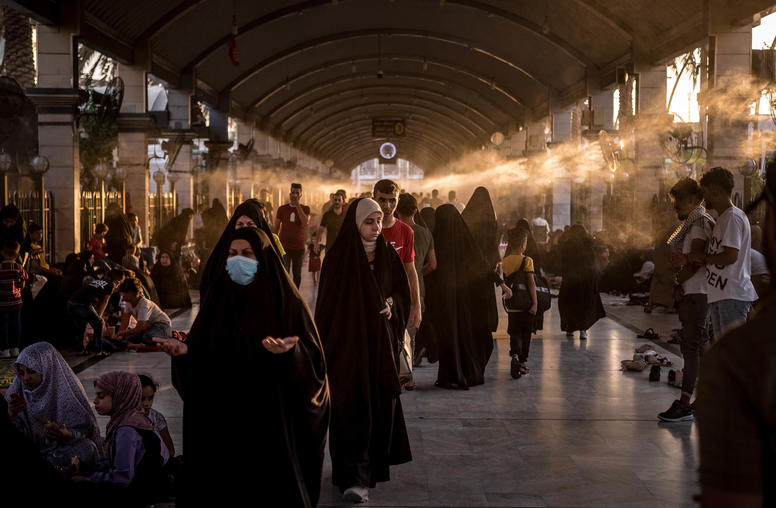
Can Arab States Bounce Back from COVID and Climates Crises?
More than two years into the pandemic, Arab states continue to struggle with the economic and social impacts of COVID-19. Meanwhile, climate change is devastating the region — and its governments are ill-equipped to address massive problems like water scarcity and scorching temperatures. Even before COVID, much of the region was wracked by conflict, embroiled in social tension, suffering from lagging economies and witnessing growing disquiet over the unrealized aspirations of the Arab uprisings. These challenges are detailed in the U.N. Development Programme’s recently released 2022 Arab Human Development Report, which also lays out a path for an “inclusive and resilient recovery.”

Event Extra: Rethinking War Amid the Dire Global Food Crisis
Russia’s war in Ukraine has deepened a global food crisis that has left hundreds of millions facing acute hunger. Beyond the humanitarian challenges this crisis presents, it could stoke violence and conflict in fragile regions. U.N. World Food Program Chief Economist Arif Husain discusses the state of global hunger, why it’s vital that we rethink our response to conflict and what can be done in the immediate to stave off the worst.
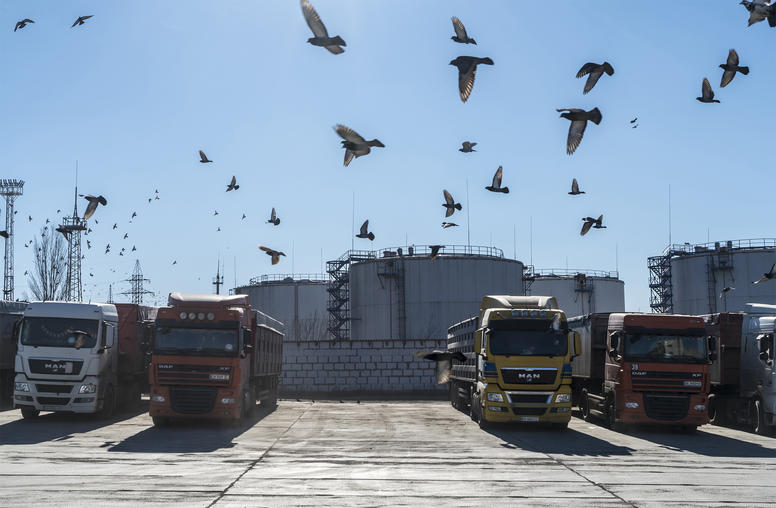
The Ukraine War is Deepening Global Food Insecurity — What Can Be Done?
Even before Russia invaded Ukraine, the global economy was suffering from the repercussions of several man-made conflicts, climate shocks, COVID-19 and rising costs — with devastating consequences for poor people in low-income and developing countries. The war in Ukraine — a major “breadbasket” for the world — is deepening these challenges on an unprecedented scale. In the immediate, swift and bold action is required by both wealthy and low-income nations to avert further humanitarian and economic catastrophe.
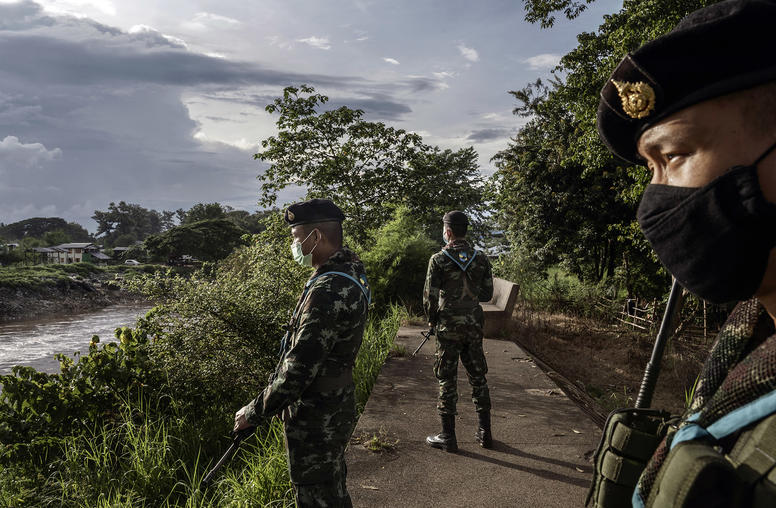
Three Priorities for U.S.-Thailand Cooperation in Myanmar
Secretary of State Antony Blinken was forced to cut short his first trip to Southeast Asia this week, scrapping plans to meet with Thai officials due to COVID-19 concerns. That talks with Thailand, specifically, were put on hold is an unfortunate development. Because while Blinken’s agenda for the trip was wide-ranging, the crisis in Myanmar was at the top of his list. And with a nearly 1500-mile border and close ties with Myanmar’s military junta, Thailand has the greatest stake in Myanmar’s future among ASEAN countries. As the world discusses a strategy for addressing the crisis in Myanmar, Thailand’s potential influence — especially with respect to humanitarian access — could prove consequential.
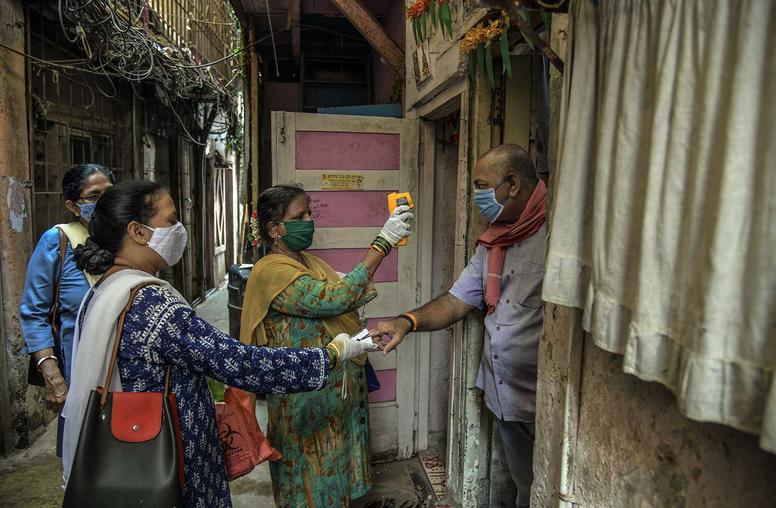
Can India Escape its Devastating Second COVID Wave?
India’s second wave of COVID has quickly turned into one of the worst outbreaks in the world. Since early March, official cases and deaths have skyrocketed, recently breaking world records on an almost daily basis. Meanwhile, Indian officials are warning the country’s health care system cannot keep up with the deluge of patients as supplies run thin, exposing India’s ailing health infrastructure. USIP’s Tamanna Salikuddin and Vikram Singh look at the origins of India’s second wave, its far-reaching consequences in the global fight against COVID and what the international community can and should do to help India weather the storm.
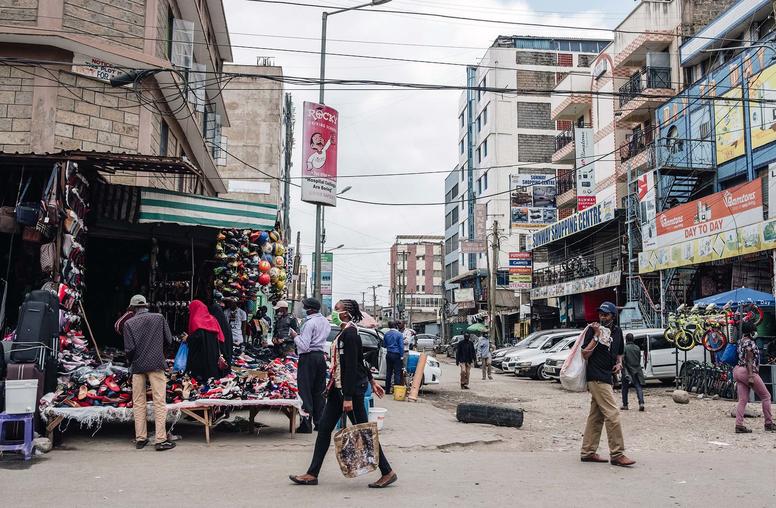
A New U.S. Approach to Help Fragile States Amid COVID-Driven Economic Crisis
The global economy is projected to rebound from the effects of COVID-19 in 2021, but the world’s most fragile states may not share in the upswing. Saddled with economic collapse and soaring debt, developing economies are likely to be left further behind after shrinking about 5 percent last year, according to World Bank estimates. As a result, over 55 million people could be plunged deeper into poverty, fueling social and political grievances and increasing the risks of instability.
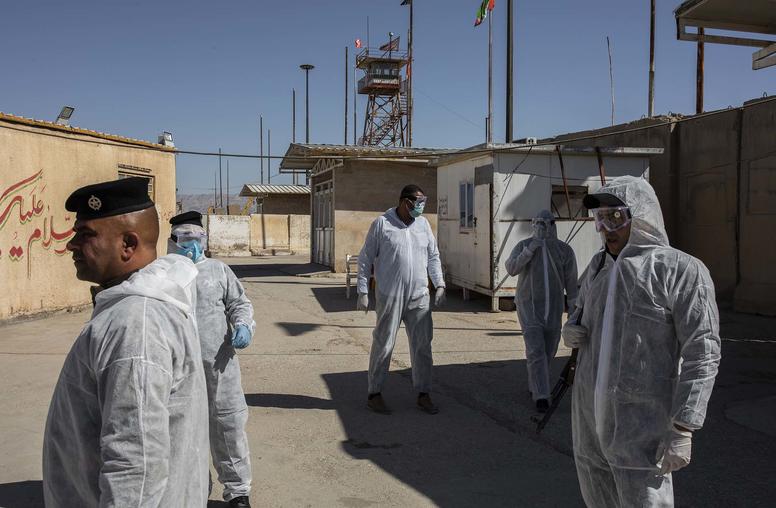
International aid prioritizes the pandemic over peace. But at what cost?
With the novel coronavirus emerging in late 2019, the attention of Western governments and international NGOs was dominated by the COVID pandemic in 2020, upending everything from domestic policies to international assistance priorities. The Devex funding database reveals more than $20.5 trillion has been committed to the global COVID-19 response from January to November 2020, with around $186 million for the Middle East and North Africa (MENA) region. Does this prioritization of COVID align with challenges facing the people of the region? Conversations with local peacebuilders expose that although the COVID cases might increase in 2021, pressing socioeconomic needs continue to trump concerns about the pandemic.
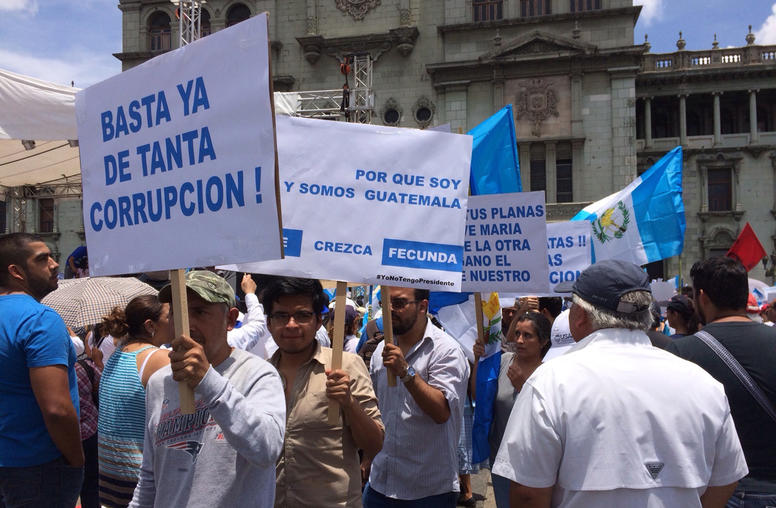
Combatting Corruption Amid the Pandemic
As the world deploys unprecedented measures to stem the fallout from the COVID-19 pandemic, the assistance that many struggling people see as a beacon of hope also raises the risk for unchecked corruption. Without a strong counterbalance demanding transparency and accountability, built at the grassroots level, anti-corruption agendas could face a debilitating blow as the pandemic wears on. However, despite the acute vulnerability of the current moment, there is emerging hope that the urgency of the pandemic could also help jumpstart solutions to perennial problems in the anti-corruption space.
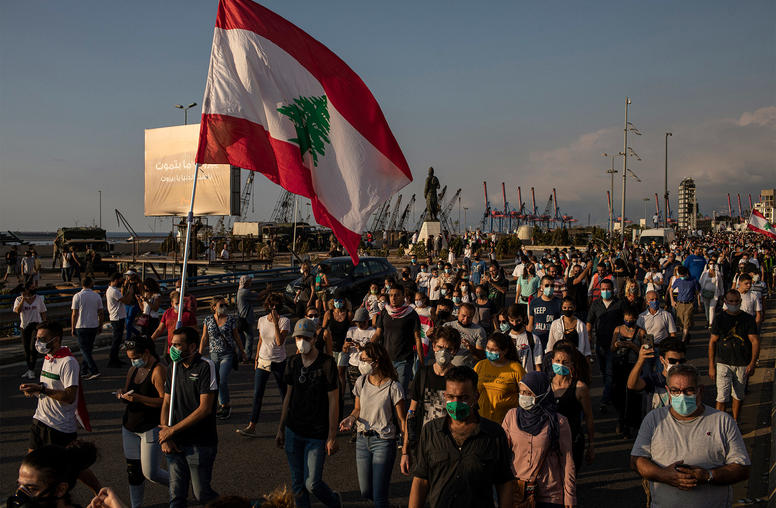
The Beirut Blast Has Yet to Spark Political Reform
Over two months later, there are still more questions than answers regarding the Beirut explosion that killed over 200 people and damaged large swaths of Lebanon’s capital city. Meanwhile, the fallout from the explosion has forced the resignation of Lebanon’s government, which had already been under fire after months of protests over corruption and a deteriorating economy. USIP’s Elie Abouaoun and Osama Gharizi look at where the blast investigation stands, what’s holding up the formation of a new government, and what a new outbreak of COVID-19 means for Lebanon.